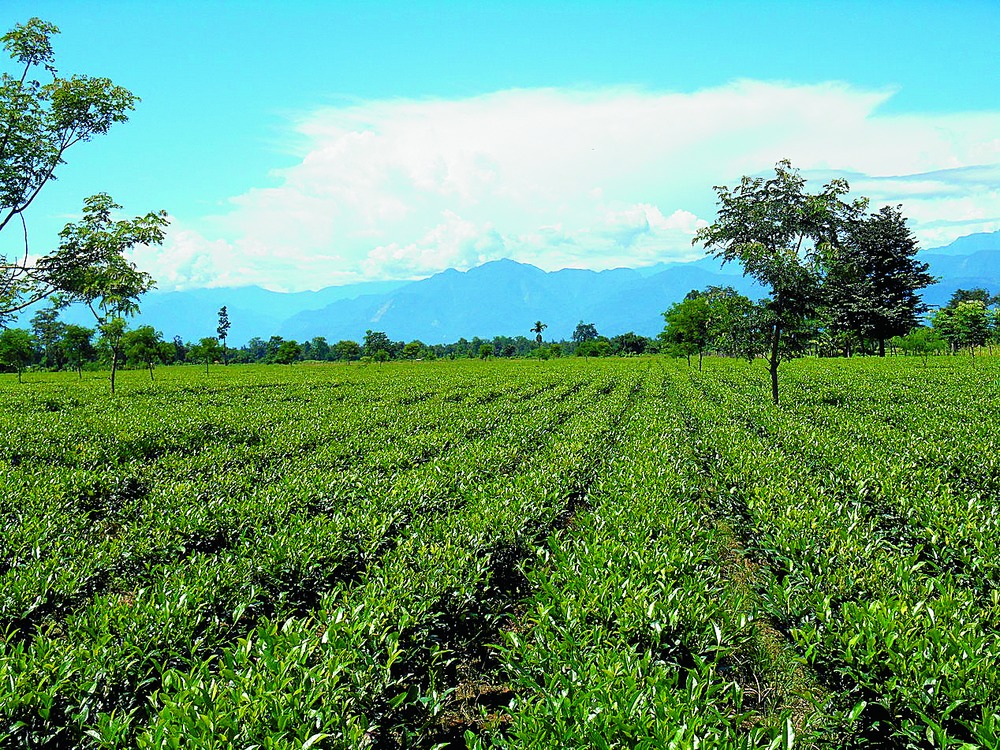
Jorhat, Oct. 16: The Land of the Golden Pagoda, as Namsai in Arunachal Pradesh is known, will host a 19-member Korean delegation from Wednesday to exchange notes over tea.
Namsai, located in the eastern part of Arunachal Pradesh bordering Assam, has been making a name for itself on the tea map of the country, with many small and medium-sized gardens coming up recently. The district has about eight tea factories.
The area, largely flat land with a large population of Khamptis and Singphos, to the east of Tinsukia district of Assam, is one of the major tea-producing areas of Arunachal Pradesh.
"The tea gardens in Namsai are very new and production is very high and of good quality. There is hardly any pest problem in these areas," Pradip Baruah, a senior tea scientist of Tocklai Tea Research Institute here, said.
The team from the Korean International Tea Research Institute and the Federation of Korean Tea Masters will spend two nights at Golden Pagoda resort in Namsai. The pagoda, for which Namsai is famous, is located near the resort.
The team will visit Kinwan tea garden, which is a famous brand as well as the Singpho community residing in the area.
The Singphos, who are credited with the discovery of tea in Assam, will demonstrate the process of hand-made tea before the Korean delegation.
Ningroola, the Singpho chief, the first indigenous manufacturer of tea in Assam, moved to Namsai and his descendants still live there.
A Korean delegation had come to Assam last year and visited several tea gardens in the state. Simultaneously, Baruah was invited to Korea last month, to interact with the tea growers there.
Aditya Mein, an upcoming tea planter in Namsai and owner of Sati Tea Company, said the Korean team's visit would be a good opportunity for Arunachal Pradesh tea to get international exposure.
"We will demonstrate how our tea is made and try to gather knowledge about tea in that country," he said.
Sati Tea Company produces about 5 lakh kg of tea annually and has set a target to double the production in the next few years.
Mein said delegates from the agriculture department and tea planters would interact with the Korean team.
It would also be an opportunity for Arunachal Pradesh, blessed with natural beauty, to attract foreign tourists through tea.
This is the first time that such a large delegation of forest tourists is visiting the state to explore the tea industry.
Baruah said the objective behind arranging these visits from Korea was to expose the small tea growers, especially those engaged in organic tea production in the Northeast, to the international audience and to encourage tea tourism in the region, the potential of which is still untapped.
"It will give an opportunity to highlight these small tea growers of the region," he said.
Baruah has been invited as guest of honour to the Indo-Korean tea interaction at Namsai.










